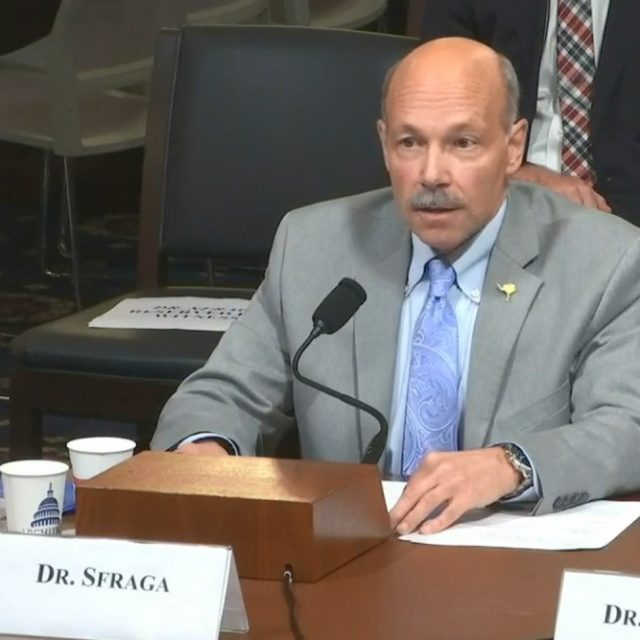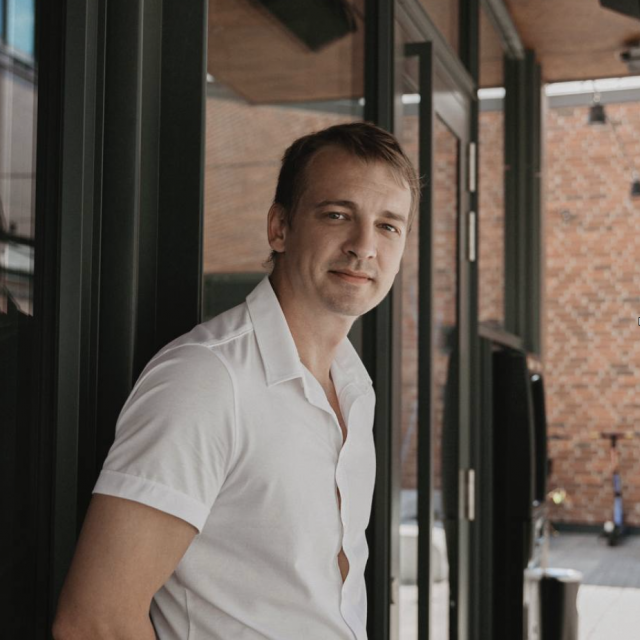The German Christian Democrats (CDU) are no longer under the thumb of Angela Merkel. During the party congress in Hamburg on December 7 the CDU elected Annegret Kramp-Karrenbauer (or simply AKK) as its chairperson. She was Merkel’s candidate of choice. But her election was a close call, as the first round did not produce any outright winner from the three candidates. In the run-off Kramp-Karrenbauer received 517 votes against her opponent Friedrich Merz’s 482 votes. Not only the vote itself, but the whole process to elect her successor did not go according according to Merkel’s plan, writes Yuriy Schejko.
German Chancellor Angela Merkel is known to love to have everything under control. When the CDU won the elections to the Bundestag in September 2017 it was clear that this would be her last term to govern the country. She has been Chancellor since 2005, which is just too long. While she is considered a good head of the government, too many Germans have Merkel-fatigue.
So, in February she started to prepare her successor by making Kramp-Karrenbauer the Secretary General of the CDU. That was an unexpected move, as AKK was not Merkel’s close confidant like Defense Minister Ursula von der Leyen or Economy Minister Peter Altmaier. At the time Kramp-Karrenbauer was Prime-Minister of the small region of Saarland.
With 18 years of experience in Saarland government in different positions and victories at two state elections, AKK has been a strong political figure, albeit not very well-known at the federal level. In summer 2018 she made a tour across Germany meeting with the CDU base. She made headlines by proposing a compulsory service year for every young person living in Germany. Not military service, but service to the community.
The Past Haunts Merkel
But the current political affairs didn’t allow AKK to develop into the natural successor for Merkel who has led the CDU even longer than the government, since 2000. Merkel always maintained that the Chancellor should also be the chairperson of her party. However, after several crises in her government and heavy losses at two regional elections she decided to sacrifice her CDU chair to save the party from further losses.
The contest for the CDU-chair had been like a fresh wind for the party. It was 1971 as there was more than one contender for this post. Merkel had maintained too tight control over the CDU during the last 18 years.
Expectedly, one of AKK’s contenders was Health Minister Jens Spahn. In recent years he had been able to profile himself as a conservative hope of the CDU thanks to his critique of Merkel’s migration policy. Nevertheless, at 38 he simply lacked enough clout to lead this very party.
Then Merkel’s past came to haunt her, as Friedrich Merz announced his candidacy. He led the group of the CDU together with its Bavarian sister-party CSU in German Bundestag since 2000. In 2002 Merkel forced him out and claimed his post for herself. Later Merz left politics and worked in the private sector, most recently for the American corporation BlackRock.
The Campaign
While AKK had a good head start, Merz was able to counter by conducting a smart campaign. The contest was held mainly at eight regional conferences where all three contenders presented themselves to the CDU base. After the first conference in the northern city of Lübeck German press wrote about the lack of difference between the three candidates.
But then Merz captured attention with provocative headlines again and again. He called for debate, if the individual right for asylum should be kept in the German constitution. It started a controversial debate. He explained that he did not doubt such a right, but that the issue should be regulated at the EU and not the Member State level. Then he expressed his wish to promote share-ownership for the German people, not exactly a popular strategy, as he himself became a millionaire through working for private corporations.
As a result, before the congress in Hamburg different polls showed a lead for Kramp-Karrenbauer with Merz trailing not far behind. This was among the polled CDU-members. But the election was in the hand of 1001 congress delegates.
Party Congress
In the end both main contenders tried to present themselves differently. AKK distanced herself in many subtle ways from Merkel. During the last regional conference in Berlin she called for new topics, new style, and new answers. Then she spoke for a harder strategy against the President of Russia Vladimir Putin. At the party conference she paid tribute to Merkel: “Thank you, Angela”. When the applause subsided she added “But now, now it is about the future”. Merz, on the other hand, underlined that he, as a CDU-chair, would be able to work together with Merkel as a Chancellor: “Of course it will work well!”
Both AKK and Merz portrayed themselves as tough politicians who are ready to show their strength. Both made a contrast to Merkel’s “to the point” and matter-of-fact style. Kramp-Karrenbauer’s switches from colloquial banter to passionate oratory. Merz is a self-confident speaker with a degree of charisma.
Spahn tried to exploit his youth. “What we need, is neither “more of the same”, nor “a return to the past”, – he said, implying AKK and Merz. – What we need, is an idea for the future, a change of perspective. And I ask you, how Germany should look in 2040″.
But even this move brought him only 157 votes out of 999. Merz received 392 and AKK 450. In the runoff the results for the two main contenders was even tighter, 517 versus 482.
What to Expect Next?
Merkel’s announcement late October to vacate her post as a chair has already allowed the CDU to regain some support. According to a poll in early December, the CDU/CSU block stood at 30% compared to 25% in he second half of October.
Thus AKK has a good head start to attract some of the Merkel-wary voters. To do this she will need to find topics that have traction in society. One may expect Kramp-Karrenbauer to try to give the CDU a sharper profile, with for example the proposal of a compulsory service year. “This state is not for the zero-tariff”, – she said in Hamburg. AKK also called on the CDU to have courage to leave the comfort zone.
Nevertheless, she will have just half a year to show tangible results. At the end of May the elections to the European Parliament will be held, as well as regional elections in Bremen and local elections in a number of German federal states. In autumn there will be three more state elections in Germany. Should Kramp-Karrenbauer get bad results for the CDU, she will not have much chance to be reelected as the CDU chairperson in late 2020. But if she shows good results, she will have a solid perspective to become Merkel’s successor and the next German Chancellor.
The Author, Yuriy Schejko, is a freelance correspondent in Brussels.




